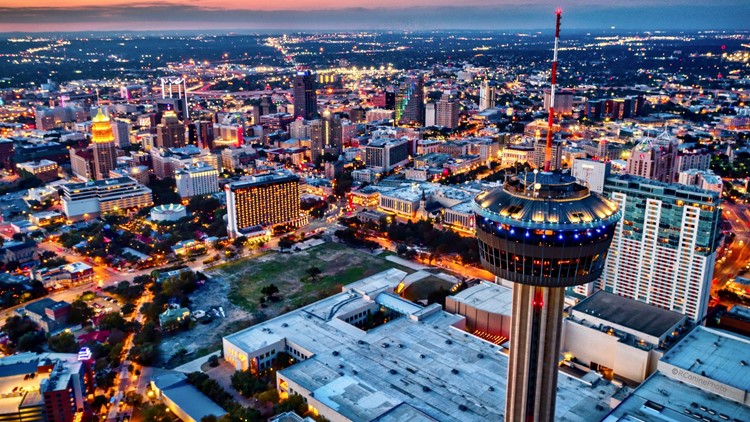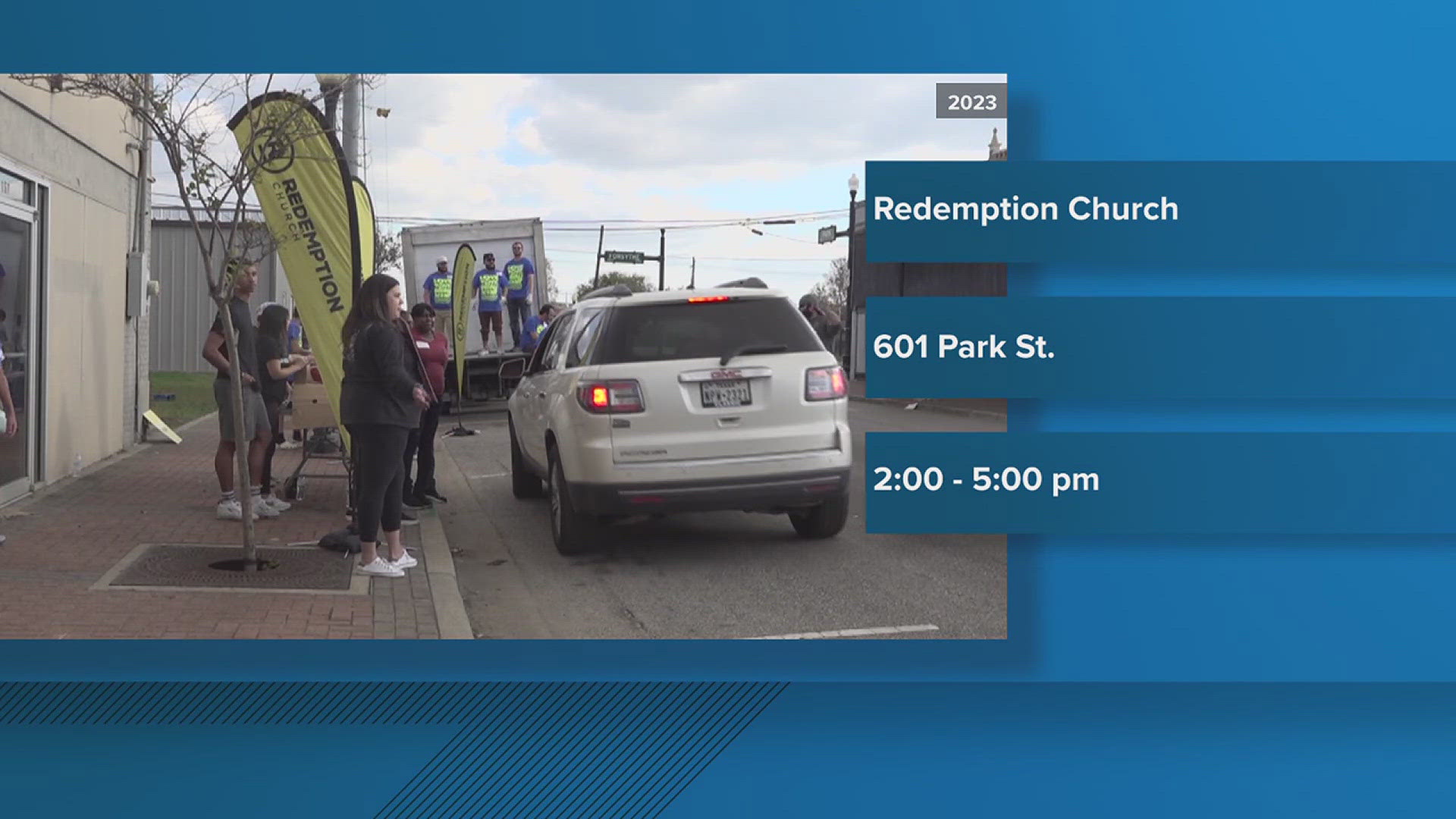Texas will likely add jobs at a slower pace in 2024 after years of robust employment growth, the Federal Reserve Bank of Dallas said Friday.
The state will add nearly 284,000 jobs this year, a 2% increase from 2023, the Dallas Fed projects — a pace that’s in line with the state’s job growth rate before COVID-19 hit and the state’s economy kicked into overdrive. By year’s end, Texas employment will hit 14.4 million jobs.
By contrast, Texas added about 427,000 jobs in 2022 at a pace of 3.1% — the result of a rapidly growing labor force fueled by strong domestic and international migration.
“We're cleared for landing, landing back to our long run trend rate of growth,” Pia Orrenius, Dallas Fed vice president and senior economist, said Friday.
Still, Texas outpaced the nation as a whole in job growth last year and ranked fifth among U.S. states in the number of jobs added, behind Wyoming, Idaho, South Dakota and Nevada. Each of the state’s 25 metropolitan areas saw economic growth. Tech, hit with widespread layoffs last year, was the only sector that saw job losses in the state.
“Texas’ 2023 job growth exceeded expectations, pointing to the resiliency of the labor market,” said Luis Torres, Dallas Fed senior business economist.
There are other bright spots in the state’s economy, according to the Dallas Fed. Texas oil and gas production surpassed pre-pandemic peaks in 2023, Orrenius said, and the sector continues to add jobs.
Despite high interest rates, single-family home construction remained above pre-pandemic levels in 2023 — though building permits for single-family homes fell by more than 5%. Homebuilders are building smaller homes in order to keep costs down and ultimately provide less expensive buying options to homebuyers, Orrenius said.
Growth in apartment rents slowed in 2023 after years of significant increases in asking rents in the state’s major metros, Orrenius said — the result of an apartment building boom in the pandemic era. Rents fell last year in places like Austin and the Dallas-Fort Worth region that previously saw a surge in rents.
Some headwinds could complicate the state’s job growth this year. After months of decline, inflation began to creep up in Texas toward the end of 2023, diverging with the rest of the country. Growth in the state’s sales tax revenue slowed, indicating that consumers are spending less. Fears of a potential recession among business owners have waned, but many worry that geopolitical and domestic uncertainty surrounding the 2024 presidential election could dampen their business and harm the state’s economy, Orrenius said.
The Texas office market could also be a trouble spot for the state’s overall economy. Despite having some of the highest return-to-office rates in the country, Texas’ largest metros are grappling with high office vacancies — creating uncertainty in the commercial real estate market.
The Texas Tribune is a nonprofit, nonpartisan media organization that informs Texans — and engages with them — about public policy, politics, government and statewide issues.
>TRENDING ON KENS 5 YOUTUBE:



